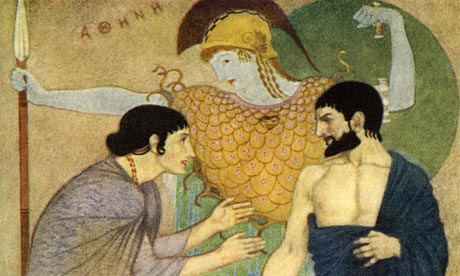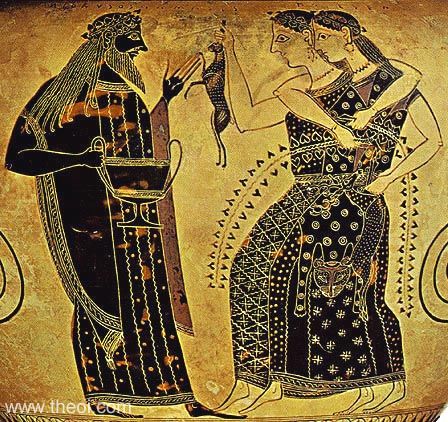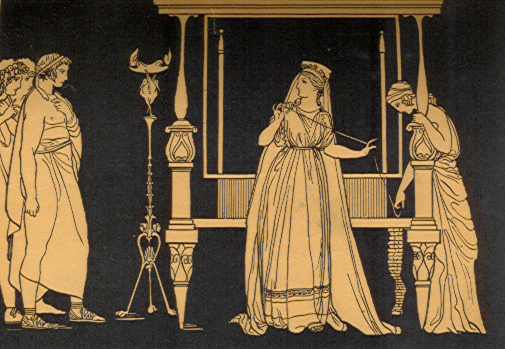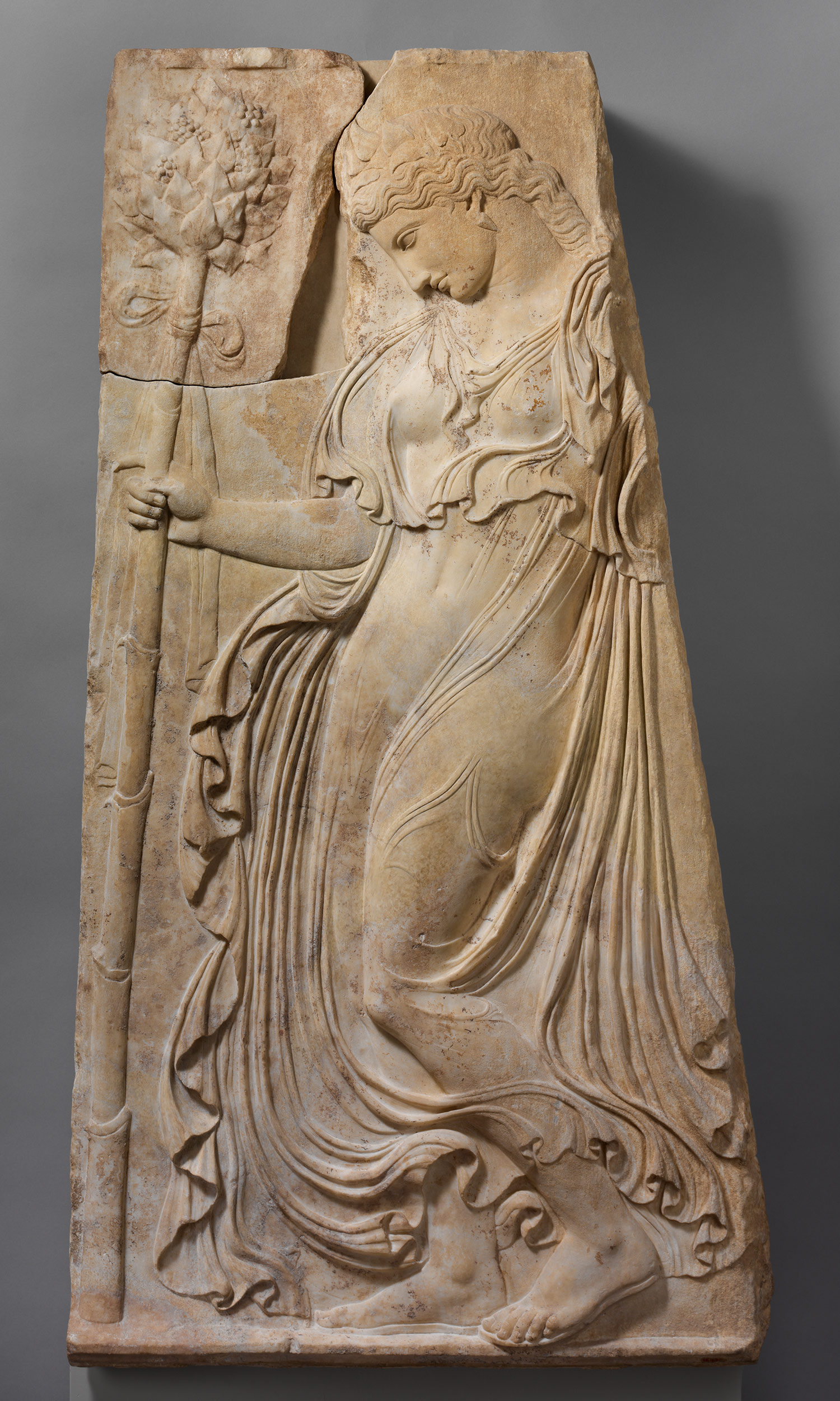I feel his
lontano everywhere I go around here, my patch, my home.
Some Londoners go East, others go firmly West. He was everywhere and nowhere in London but it’s the West, always the West, that calls both him and me back.
I don’t know when he was last here. I saw him, standing outside the shop, doing a photocall in 1996 for twenty years of the thing he started. He seemed happy to be out of it.
He was always in everything and absent when he was most needed.
But he was always London, via Scotland and the dapper Golders/Stamford run of things.
The respectful tributes were to be expected, just as though he had been called to the Bar after all like the good Jewish son so many wished him to be.
You were expecting soured rosettes, the helpful stench of retrospective hypocrisy?
They hated him then and they love him as of yesterday. Just like Oscar Wilde.
Oh, so like Oscar, if only he’d had a better grasp of London (and I think he probably had a better hold on Paris towards the end).
Well, of course. Who would have expected anything different?
He formed things, like Cyril Connolly. He never really invented things and maybe Seymour Stein or Kool Herc were there first – there’s no maybe about it, you know and he knew that – but like the Beatles he knew how to draw things to our attention in both ways, the second being (as an artist – why, of course!) to draw things in pictures he’d just made up and looked outrageously attractive.
There at Selfridge's with King Mob, Xmas ’68, handing out the goodies to startled but joyful kids and how many of those grew up to be part of a different, successive story?
No one quite
got Oxford Street like he did.
Hovis loaves outside the baker’s in Clapham Common. Walk-on roles at Grosvenor Square.
He easily got rid of his previous unwanted, spent lives. Get shot of the names, enrol in a different art school as somebody else, spend all his grant money on records off the stalls on Goldhawk, go and run a shop, go to New York, come back, think of marketing wheezes for Sexfests, why not?
He taught us, like Welles but happier, that you could stop being somebody inconvenient at any time, come back as somebody else, though still recognisably the same. But different. Free of dead weights.
He said you can send the system to fuck so easily.
The
T-shirt. Two sides of the bed. Dewey Redman and Archie Shepp there alongside Kutie Jones. I never forgot that. That was my way in.
The first big bend in the road. Next to the Conservative Club.
He said I can change whatever and whenever I want to and if you’re not ready then it’s hardly my fault.
The missing link between Jonathan King and Guy Debord.
He said, keep up.
He asked, why are there so many of you yet so few of me?
He made everything I sensed possible.
Most things, anyway.
The Pistols spluttered to a Tesco’s end and he went to the laundrette but his old Croydon College/Grosvenor Square comrade Robin Scott came through with a different way and would any of that have happened without his precedent, without what he suggested?
He, who knew the absolute importance of Max Bygraves and Lionel Bart in the scheme of things.
Where did you think the Small Faces came from?
Wormholt no-goodniks who wanted to be the Faces and that sulky Aquarian from Finsbury who fancied himself as some kind of punctum.
The other guy from north London, and he subcontracted his entire band and Adam came back at him better and stronger.
Not that he was bothered.
Was he that bothered about the boy he never quite got himself together to look after properly? The Royal Courts in 1986 – bustling, surrendering, that’s what you get for not being a dad.
Nick Kent didn’t see him as a father figure.
As far as you can trust Nick Kent.
As far as you can trust any One.
“Oh, Gawd, is that his latest scam?”
The end of 1982. New Pop on the ropes. He whisked it back to life.
And Trevor, who had to choose between a quiet Spandau life and a Noisy, Arty one and never liked punk in the first place, went with him.
Effortlessly.
Yes, Wheels of Freaking Steel.
But this was telling everybody else about it.
Tony Wilson. A parallel general in the North. It is what both would have wanted.
The strategies, the scones, the fire, the failures, the concepts, the cons.
He was a meretricious conman and a captivating magician.
Smartarse and visionary.
The two overlap so much it’s surprising they don’t form a new river. With its own bends.
Poet and prat.
He wanted something like the Bay City Rollers and in the end the Bay City Rollers wanted to be something like him.
Number one. Of course it was number one. Would anyone still be lauding it, talking about it, arguing about it, if it actually HAD been listed as number one?
“Does the presence of Number Two require the existence of Number One?”
Pound, Parker, Kane, Prisoner, Pistols.
In 1977 Larkin, in part-parody of Hughes, wrote a Silver Jubilee quatrain which ended: “Crow shat on Buckingham Palace/God pissed Himself.”
The A&M signing, outside Buckingham Palace, and Christ they had to do it quick.
Herb Alpert dropped the Pistols and signed Ornette. Now THAT’S punk.
Some say Ornette dropped by the studio while PiL were recording Metal Box.
On “Double Dutch” doesn’t he sound like Harry Corbett?
You listen to the right “wrong” radio and everything changes forever.
His radio travelogues; endlessly circuitous, always re-running the same round of memories.
Pete Waterman of course so close to this but then what’s wrong with just printing the legend?
His totality, swirling like reproachful swallows, as I walk through the World’s End.
His contraptions, his beginnings, and they do not end.
Invent the future and then talk about sin.
And remember to lick those lips pure pink.






